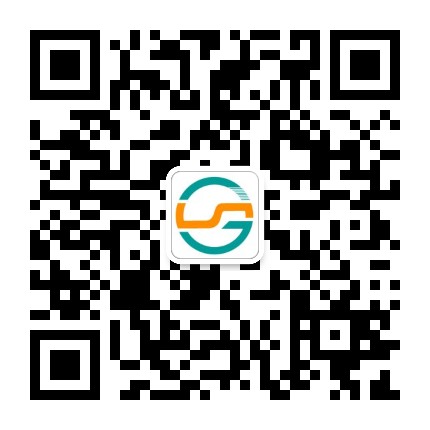關(guān)系代詞的用法 (1) 如果先行詞是all, much, anything, something, nothing, everything, little, none等不定代詞,關(guān)系代詞一般只用that,不用which。例如:
All the people that are present burst into tears.
(2) 如果先等詞被形容詞最高級(jí)以及first, last, any, only, few, mush, no, some, very等詞修飾,關(guān)系代詞常用that,不用which, who,或whom。例如:
(3) 非限制性定語(yǔ)從句中,不能用關(guān)系代詞that,作賓語(yǔ)用的關(guān)系代詞也不能省略。例如:
There are about seven million people taking part in the election, most of whom、are well educated.
(4) which還有一種特殊用法,它可以引導(dǎo)從句修飾前面的整個(gè)主句,代替主句所表示的整體概念或部分概念。在這種從句中,which可以作主語(yǔ),也可以作賓語(yǔ)或表語(yǔ),多數(shù)情況下意思是與and this 相似,并可以指人。例如:
He succeeded in the competition, which made his parents very happy.
(5) that可指人或物,在從句中作表語(yǔ),(指人作主語(yǔ)時(shí)多用who)僅用于限制性定語(yǔ)從句中。
(6) which可作表語(yǔ),既可指人,以可指物。指人時(shí),一般指從事某種職業(yè)或是有種特征.品性或才能的人。Which引導(dǎo)的定語(yǔ)從句可以限制性的,也可以是非限制性的。
(7) 如果作先作詞的集體名詞著眼于集體的整體,關(guān)系代詞用which;若是指集體中的各個(gè)成員,則用who。
(8) 先行詞有兩個(gè),一個(gè)指人,一個(gè)指物,關(guān)系代詞應(yīng)該用that。例如:
The boy and the dog that are in the picture are very lovely.
(9) 如果先行詞是anyone, anybody, everyone, everybody, someone, somebody,關(guān)系代詞應(yīng)該用 who 或whom,不用 which。例如:
Is there anyone here who will go with you?

